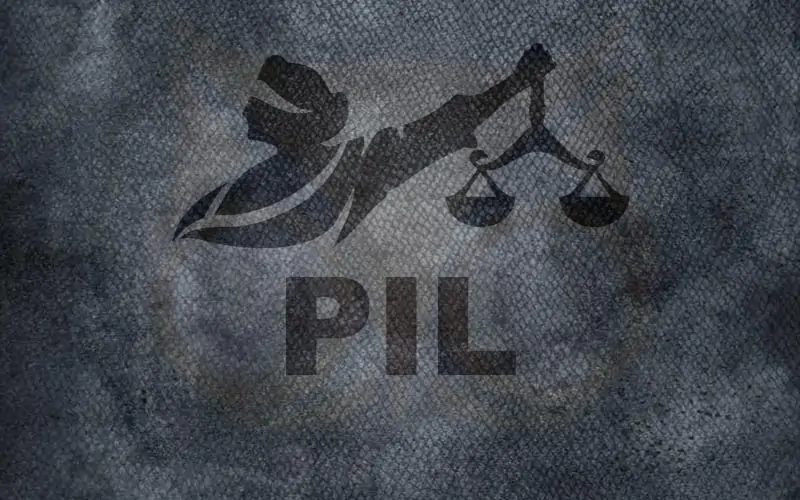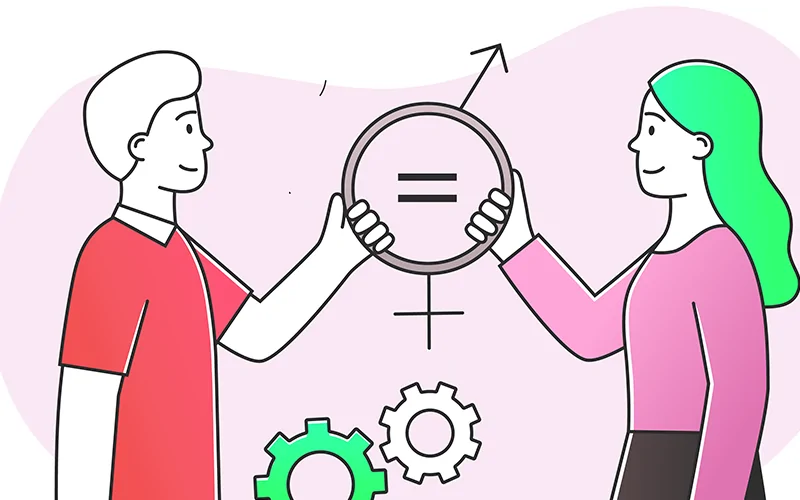What is Public Interest Litigation (PIL)?

The system of Public Interest Litigation (PIL) is a novel attempt to make the justice available to the poor and deprived masses. As the judicial system is costly and cumbersome, its doors were earlier closed to illiterate and backward people.
In fact, the poor people are deprived of justice. As VK. Krishna Iyer pointed out, “the portals of justice are not accessible to the poor”.
While the poor and illiterate people were not aware of their rights and ways to avail them, the “rule of standing” meant that only the wronged persons can seek the help of the courts.
Also read | Judicial Control Over Administration: Scope, Forms & Limitations.
This rule created practical difficulties to ensure justice to the socially weak and economically poor people. Those who championed the cause of PIL tried to devise ingenious and original ways to make the judiciary reach the poor.
They had to break new ground to ensure that the poor and socially oppressed sections of people get justice.
As Justice Bhagawati of the Supreme Court observed, “The courts must shed their character as upholders of established order and the status quo.”
LEGAL AID
The Constitution of India stipulates that citizens should not be denied justice on grounds of economic or other liabilities.
Also read | Judicial Administration.
The fundamental entitlement to legal aid is concomitant right that arises out of Article 14 of the Constitution.
Many Commissions made suggestions to provide aid to the common people to eliminate the implicit bias towards rich people on account of judicial system being very costly.
While the rich people can afford to bear the costs of litigation, majority of people who are poor feel helpless.
Government of India in 1980 constituted a high powered committee to evolve a comprehensive scheme of legal aid. (Under the chairmanship of the Supreme Court judge P.N. Bhagawati).
Also read | Meaning of the term Bureaucracy.
The Committee was reconstituted in 1987. Later, Legal Services Authorities Act, 1987, was passed that led to set-up national, state and sub-state level authorities to govern the system of legal aid to the poor.
Under the Legal Services Authorities Act, 1987, the institution of Lok Adalat is provided at State, districts and taluk levels for resolution of disputes through conciliatory methods.





